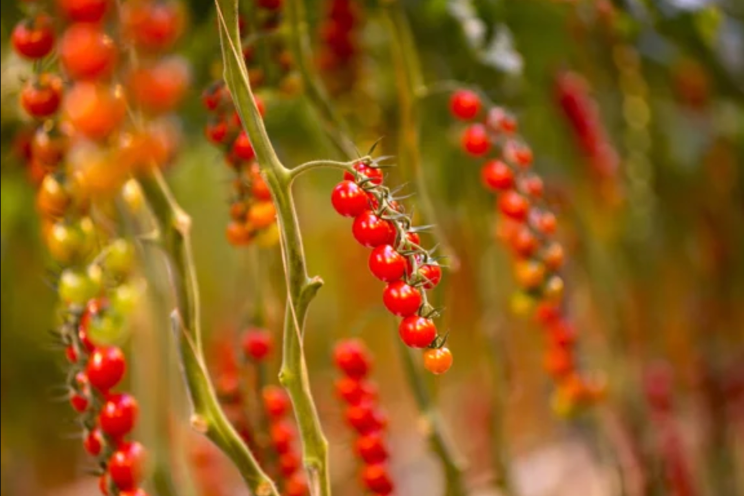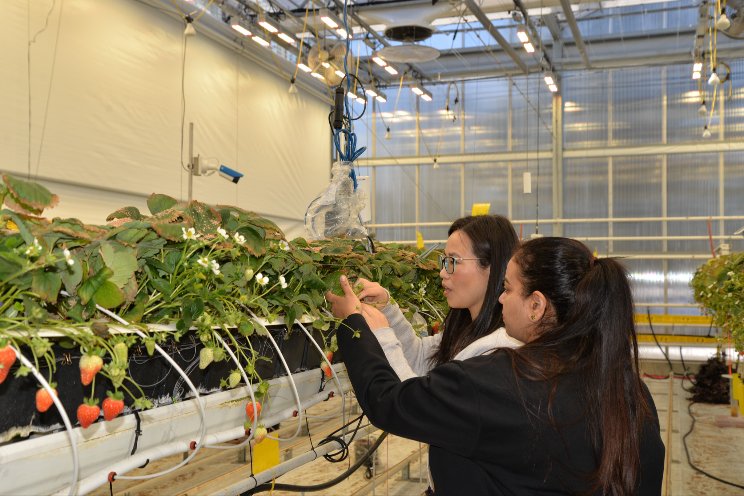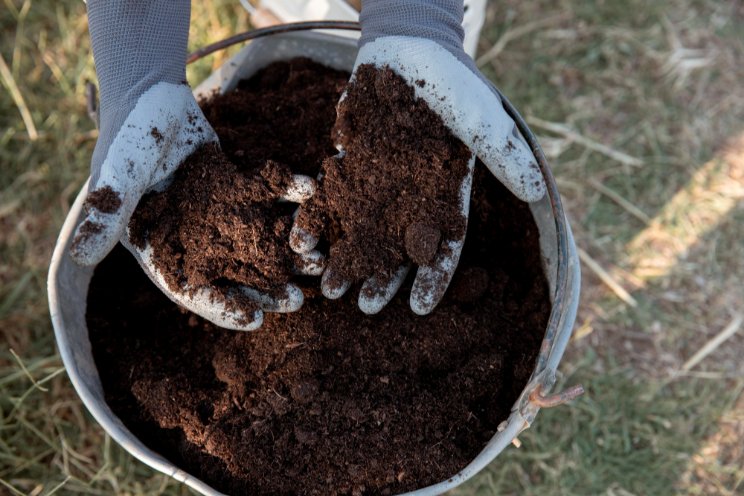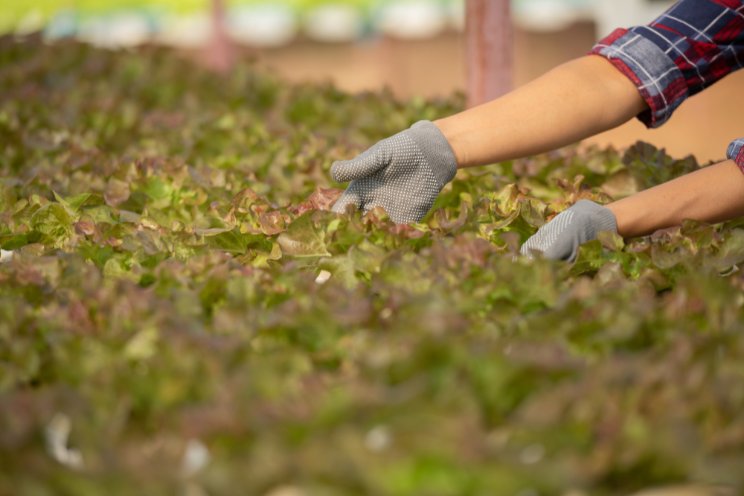With food service down, farms look for new markets
Added on 14 April 2020

During a recent webinar aimed at helping farmers find solutions to market instability created by the pandemic, Evan Wiig of the Community Alliance with Family Farmers in Davis encouraged small farms to work together and aggregate their products, whether they're working with farm stands, e-commerce sites, marketing co-ops or community-supported agriculture subscription boxes."I think everyone is swimming in confusion and uncertainty as to how long this is going to last, what are the long-term implications," he said. "But what we are seeing … is this surge in direct selling."Farms, food hubs and other food businesses that have managed to shift to a CSA or food-box model "are seeing a huge amount of support," said Ben Thomas, director of the CAFF farm-to-market program, adding that he anticipates demand for these services will continue to grow. Meal-kit deliveries also have expanded, along with demand for emergency food, he said, noting that organizations such as the Salvation Army have started delivery programs for meals and ingredient boxes.Though grocers saw increased sales last month, Thomas said the trajectory for that market remains unclear and will depend on public perception as the crisis unfolds. Also in question is how farmers markets will fare in the coming months, though the public continues to support markets that have stayed open, he said, particularly those that can demonstrate safe practices.He noted the significant challenges facing restaurants and other food-service operations, but said work is being done to retool those businesses and organizations to do food delivery. Efforts are also being made to connect retailers, nonprofits and CSAs that need additional product with farms and food hubs that lack customers, he added.Cole and Veronica Mazariegos-Anastassiou of Brisa de Ańo Ranch in Pescadero said having a diversity of crops and marketing channels has allowed them to bend their plan to fit the current crisis. The farm grows organic fruit, vegetables and flowers, selling through farmers markets, farm stands, a CSA operation and to restaurants, local businesses, bakeries, catering companies, nonprofits and independent grocers."That does give us flexibility … and allows us to adjust a bit," Veronica Mazariegos-Anastassiou said.Before COVID-19, CSA sales accounted for just 17% of the farm's revenue, but the farm owners said they expect that to rise to 33%, while wholesale and direct sales will drop from 50% to 42% and farmers market sales from 33% to 25%. They said they anticipate losing business from restaurants, caterers and events that use flowers, but they expect increased demand from farm stands, online grocers and nonprofit organizations. Future sales to grocers and bakeries remain uncertain, they said.To keep farmers markets open and popular, Cole Mazariegos-Anastassiou stressed the importance of farms demonstrating food-safety practices. To help with sales, he said the farm hopes to develop an online system that allows customers to place orders and then pick them up at the market.Thomas said a growing number of farmers markets around the nation have turned to e-commerce and are doing preorders so people can grab their packages at the market.Though CSAs are booming and more farms are turning to this marketing channel during COVID-19, the Mazariegos-Anastassious warned farmers not to overcommit and not to plan for just one season."We have to be fully prepared, and the more marketing channels we have, the more resilient we are to bounce back from any kind of crisis, not just this one," Cole Mazariegos-Anastassiou said.Veronica Mazariegos-Anastassiou encouraged farms that didn't have as much "built-in flexibility" in their market channels to reach out to farms that are "more prepared" so they can market jointly and expand their offerings.In an interview, Taylor Roschen, policy advocate for the California Farm Bureau Federation, said California allows both single- and multiple-farm CSAs, provided they are registered producers and grow what they sell. CSA boxes and deliveries must also be labeled with the origin of the farm or farms, she added."Those that are sourcing from a wholesaler and don't know the origination of the product, or the product clearly isn't from California, is not a true CSA," Roschen said.Sarah Silva of Sebastopol-based Green Star Farm, which raises pasture eggs, chicken, pork, lamb and goats, said she's been able to partner with other farms and has added some of their products to her CSA shares. She spoke about the importance of choosing software that makes e-commerce easy and efficient for farmers and customers."Look at something that's going to work for any situation, because we don't know what's going to happen in two months," she said. "Just be prepared and think about not just this particular event but look at it as a full resiliency farm plan."When selling directly through e-commerce, Wiig stressed the importance of keeping the shopping experience simple, as 80% of online shoppers use mobile devices and "don't want big, complicated systems." When it comes to e-commerce, he said, "all roads must lead to action." He recommended farmers place a buy-now button up front, so customers don't need to go through many steps."Don't think it's going to be an easy switch, and do everything you can to streamline your inventory," he said.Wiig also encouraged farmers to be creative and build relationships with chefs, food bloggers and local influencers in the community who can help boost farm sales.To stimulate direct farm-to-customer sales in its region, the San Diego County Farm Bureau has posted a list of nearly 80 farms, nurseries and wineries that offer direct sales.— Ching Lee, California Farm Bureau Federation
Source and Photo Courtesy of MorningAgClips
Source: MorningAgClips
More news















